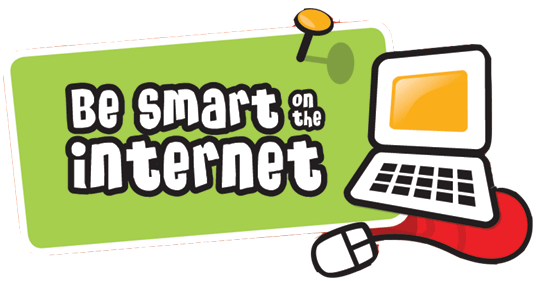By Stan Faver Vendaged and Ine Roos Mast-Bjall
The Internet: It is Everywhere
Over 3 billion people in the world have access to the Internet. To put this in perspective, at the start of the 1960s, there were only about 3 billion people alive. In general it is great to have such a vast and open platform for communication. It allows us to communicate with people we would never have been able to communicate with otherwise. Not only is the Internet great as a platform for communication, but it is also a place where education is innovated. As students, we all know how helpful educative YouTube channels, websites, and communities can be. However, the Internet does not only have sunny sides. With such a large number of internet users, it is not surprising that some will start to misuse its possibilities.
“I know who you are”: threats to personal security online
For some users the Internet is a stepping-stone for personal, financial or material gain. They target other users specifically by making threats to their personal safety. These threats come in multiple flavours. A common threat is cyber bullying, which is often an extension of real-life bullying. The pictures that you posted online might be altered and used against you. Another nasty form of cyber bullying is cyberstalking: the process of stalking or harassing individuals or organizations online. Together with other types of unwanted internet-use, like offensive content, in the form of shock sites and hate speech (often posted by the so-called ‘trolls’) these examples are some of the darker sides of the Internet.
Facebook: hard to avoid
In our lovely UCR bubble almost everyone is on Facebook, which makes it the most-used method of communication. It is the easiest way to announce RASA-events, to share summaries with your fellow students or post pictures from that awesome party. We need to be cautious, however, that the information we post online may be seen by more people than we intend for. The personal details on our profiles for example, our birthdays, relatives, places where we have lived and worked, and schools we have attended can all be found rather easily. Most people might think this is not a problem, if you have nothing to hide. We should not forget, however, that our personal information can be misused. In the New York Times-article “When Colleges Look Up Applicants on Facebook: The Unspoken New Admissions Test” (15 November 2012), Victor Luckerson warns for the rising phenomenon of student profile checking during their application process. It would be a shame if you would not be accepted to that prestigious university, because the application commission takes offense in your Facebook posts, preferences or pictures. You might have become a little scared now, but do not despair. This list of tips was made in collaboration with the UCR IT-desk, in order to make you a safer student online!
Tips to secure your personal information online:
- A first step in protecting your online identity is to change your privacy settings on your social media accounts so less people have access to it. Is it really necessary to have your phone number online, for example?
- A second step would be to be careful with what you post. Sharing relatively small bits of information, such as what you are eating or doing on Instagram, what news you have just received on Facebook, or some rant about a professor on twitter, can all be used to piece this information together to make a profile of you, identifying who you are. And in the case of the rant about a professor, it might even be used against you…
- Even better would be not to enter this personal information altogether, and the same goes for posting these snippets of information about you and your life. This is, however, far from a solution to everyone, the writers of this article included.
- A more general solution would be to use your common sense. Combine this with avoiding posting anything that reveals any useful information, such as a year of birth, and you should be okay.
Most people would agree that the Internet is a great invention. It is arguably the most efficient way to share stories, files, and ideas. The possibilities are endless. In order to keep enjoying the nice sides, we should protect ourselves against the nasty sides, which includes the mentioned cyber bullying, and loss of privacy, but also many more things. We would love to hear if your tips and tricks in the comment section. How do you keep safe online?
Stan Faver Vendaged and Ine Roos Mast-Bjall are two students who wish to remain anonymous for this issue of TR.

